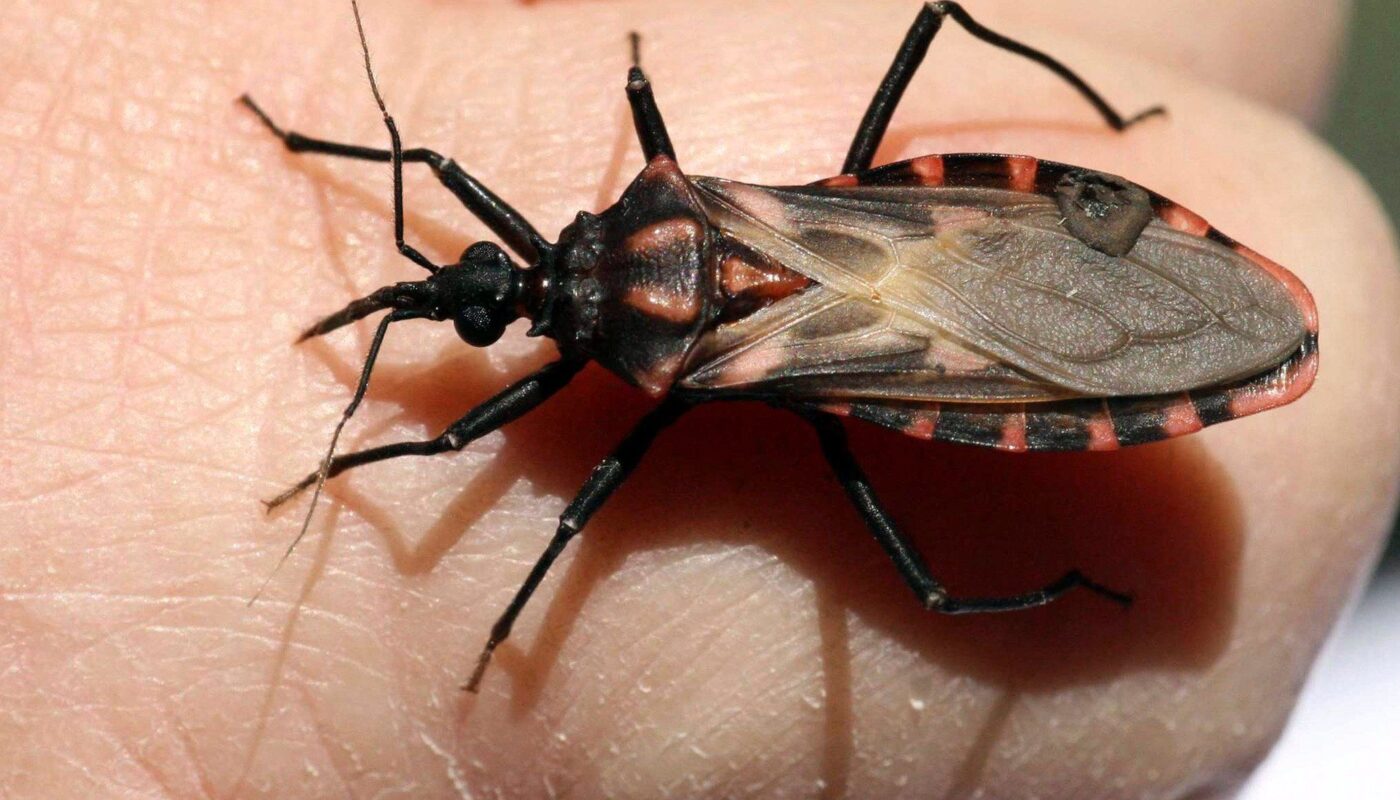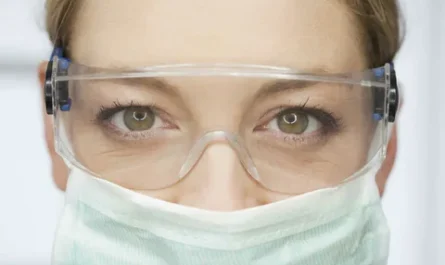Chagas disease, also known as American trypanosomiasis, is a tropical parasitic disease that can lead to severe heart and digestive problems if left untreated. Caused by the protozoan parasite Trypanosoma cruzi, the disease is mainly found in Latin American countries but cases are increasingly being reported in the US and other non-endemic areas due to migration and travel. In this article, we explore the available treatment options and strategies to tackle this neglected tropical disease.
Parasite Clearance and Treatment Options
The goal of Chagas Disease Treatment is to eliminate the T. cruzi parasites from the body to prevent future complications. There are currently two drugs approved by the WHO for the treatment of Chagas – benznidazole and nifurtimox. Both are trypanocidal drugs that aim to clear the parasite in the acute and early chronic phases of the disease.
– Benznidazole: Benznidazole has been the first-line treatment recommended by the WHO. It is administered orally at a dosage of 5-7 mg/kg per day, divided into two doses, for 60 days. Benznidazole has shown cure rates of over 80% in children and 60-70% in adults during the acute and early chronic phases.
– Nifurtimox: Nifurtimox is given orally at 8-10 mg/kg per day for 90-120 days. It has cure rates similar to benznidazole but has more severe side effects. Nifurtimox is considered as an alternative drug when benznidazole cannot be used or tolerated.
Both drugs have potential side effects like nausea, anorexia, dermatological issues and neurological symptoms. Close monitoring is needed during treatment. Treatment must be strictly followed to fully clear the parasite and prevent potential future cardiac or digestive complications.
Treatment Challenges
While benznidazole and nifurtimox can cure Chagas disease if administered properly in the early stages, there are several challenges with treatment:
– Late diagnosis: Most people are asymptomatic initially and get diagnosed years after infection, often in the chronic indeterminate or symptomatic chronic phases where treatment is less effective.
– Side effects: The side effects of the drugs can be severe enough to cause non-compliance. this reduces treatment effectiveness.
– Pregnancy and breastfeeding: The drugs are generally not recommended during pregnancy and breastfeeding due to potential teratogenic effects, leaving this high-risk group untreated.
– Lack of pediatric formulations: Both drugs are available only in tablet form, making safe dosing difficult for infants and young children.
– Limited efficacy in chronic phases: Cure rates reduce significantly in chronic Chagas, with treatment success rates as low as 30% even with prolonged therapy.
– Resistance risks: Long term use of the limited treatment options can potentially induce parasite resistance over time.
– Supply issues: Reliable supply and quality control of benznidazole and nifurtimox remains a challenge, hampering widespread administration of treatment.
Given these limitations, development of new safer and more effective treatment options for Chagas disease is urgently needed, especially for chronic, pediatric, and pregnant/lactating patient populations.
New Drugs in Development
Several new chemical entities and drug repurposing candidates are currently in clinical trials for Chagas disease treatment:
– Fexinidazole: An oral nitroimidazole developed by DNDi showing promise in Phase III trials. It has a potential shorter dosing duration than existing drugs.
– E1224: A compound in Phase II trials by Anthropic which aims for 10-day oral dosing. Early results indicate good safety and efficacy.
– Posaconazole: An antifungal drug which demonstrated 84% efficacy when administered for 60 days in a Phase II trial. Repurposing for Chagas is being explored.
– RAPIDOCHAGAS Trial: This major trial aims to evaluate the safety and efficacy of asenapine, an antipsychotic, in treating chronic Chagas cardiomyopathy. Results are awaited.
– Emodepside: An antiparasitic compound under preclinical study with potential oral dosing and less toxicity than existing options.
While challenges remain in testing and development, these promising drug candidates could transform Chagas disease treatment if successful. Their shorter dosing duration, pediatric suitability, safety in pregnancy and potential use in chronic cases would be major improvements over current standards of care.
*Note:
1. Source: Coherent Market Insights, Public sources, Desk research
2. We have leveraged AI tools to mine information and compile it


